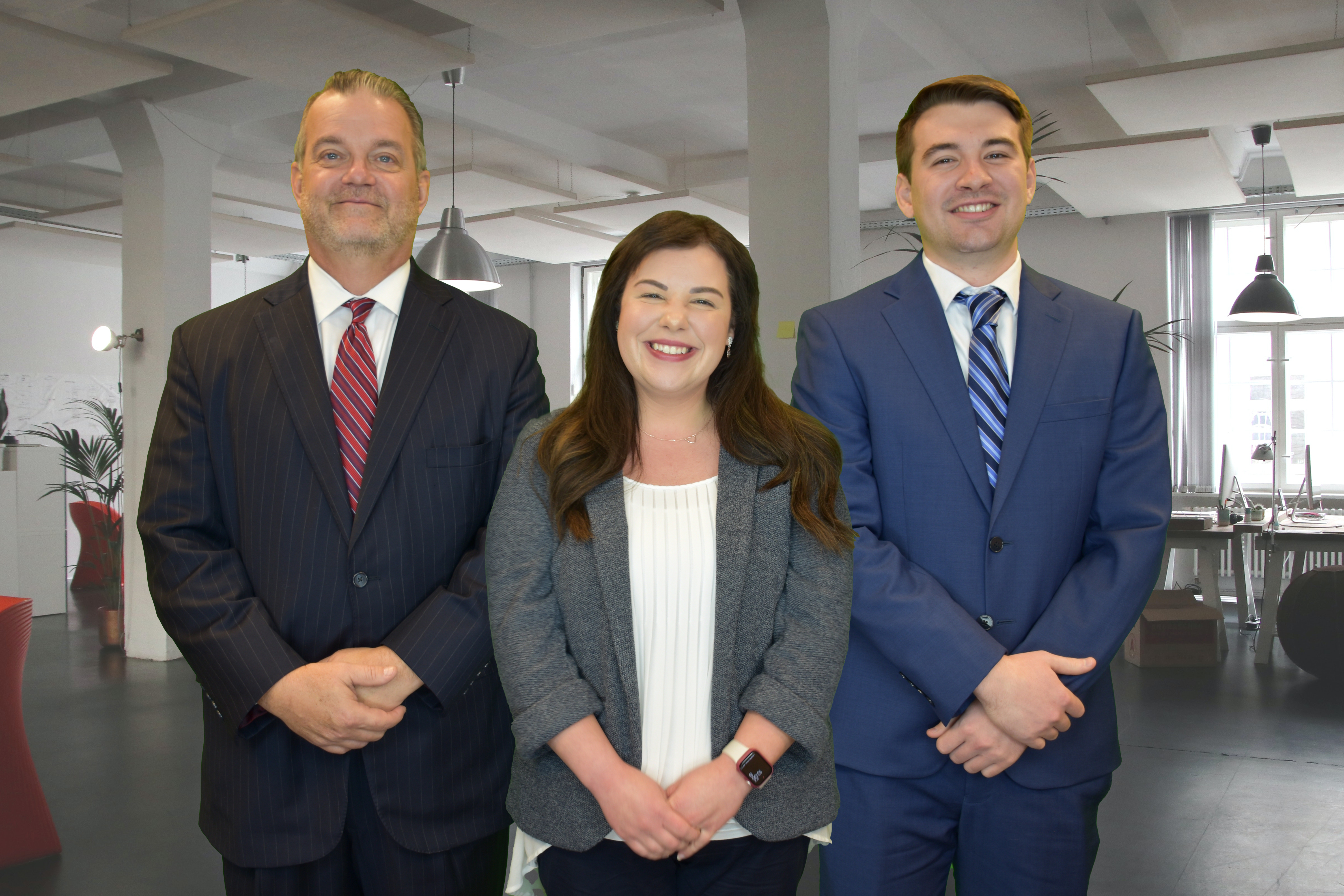Month: January 2023
Look back 2022 — Look ahead 2023
COMMENTARY BY JERRY HERMAN, CFA® As we sit in the darkest days of the solar year, we are encouraged to know that the days ahead will have more light – the days will be brighter. And for the financial markets we are optimistic that this will be true in the figurative sense as well. 2022 was a year of recognition and reality - recognition that the stimulus endeavors of prior periods needed to be unwound and the reality that the process could be painful. 2023 offers opportunities and optimism - opportunities being presented in sectors and asset classes that we haven’t seen for some time and the optimism that the Fed will get it right and avoid a deep recession, and global and domestic political and social tension will ease. In 2022, the forces of pandemic-induced supply chain disruptions, exceptionally high consumer demand for goods such as housing, autos, and appliances, and services like travel and entertainment, combined with an energy shock brought on by the Russia-Ukraine conflict, drove inflation to its highest level in four decades! In June, the inflation rate hit 9.1% and averaged just over 7% for the year, more than double the historical average of about 3%. To combat inflation, the Fed increased interest rates seven times during the year to 4.25-4.5%, levels not seen since 2008. The year was difficult for investors. Facing the headwinds of rising interest rates, a very tight labor market, and capacity and supply constraints in ma
Financial resolutions to maintain throughout the new year
By Jim Lineweaver, CFP®, AIF® President and Founder It might not be so shocking to learn that many of us don’t stick to our New Year’s resolutions. In fact, according to a study conducted by the University of Scranton in Pennsylvania, only 8% of people achieved their New Year’s resolutions in 2021. One problem that typically arises is that we set aspirational goals for ourselves instead of ones based on the reality of integrating them into our everyday activities. This can set us up for failure and create self-doubt in our abilities. Here’s a list of attainable resolutions I’ve put together to give you the confidence needed to stay true to your financial goals throughout the new year. The first resolution that will help set a solid foundation to your financial plan is to set aside time to look at your insurance plans. You’ll want to make sure all your insurance is in proper order including life insurance, disability insurance and even property and casualty. Because we specialize in working with retirees, long-term care is of top priority to our clients. And if you have rental or vacation homes, you may want to consider an umbrella policy. Another resolution is to establish your financial goals. Both long and short financial goals should be driven by your personal goals. That could look like sending your children or grandchildren to college, passing on the family business or having a retirement plan tha
Let Us Help With Your Taxes
Tax season is upon us. Our Lineweaver Tax Team is ready to help you with all your tax needs. Lead by Tax Planning and Preparation Specialist Mark Sipos, from left, with Tax Assistant and Administrative Support Loryn Zaffle and Tax Associate Josh Wenhold. To learn more about our services or access helpful resources
Why Your Financial Plan Needs a Second Opinion
People often question if they’re doing all they can to protect their portfolios from losses while taking advantage of buying opportunities. To help you gain more confidence in your financial well-being, it can be beneficial to get a second opinion. Even if you’re happy with your current plan, a second opinion can help pinpoint issues or call attention to parts that might be overlooked otherwise. Here are five reasons why it might be time to consider a second opinion. All financial planners are different, and each offers different services and products. You need a planner who is truly independent and not forced to offer a limited selection of options to meet your goals and objectives. The advisor you want is one that can customize a solution for whatever your circumstances may be. You’ll want to make sure your advisor is a fiduciary, which means that an advisor puts your needs and goals before their own. If you’re currently seeing an advisor that is not a fiduciary like ours, that may mean they’re not keeping your best interests in mind. Make sure you’re working with someone with the proper credentials. Ideally, you’ll want to see a Certified Financial Planner (CFP) because they follow higher standards in terms of education and ethics. The best of both worlds would be an independent fiduciary who is a CFP. Then they’d have access to almost any strategy, product or security and have to put your inte
What changes are coming to your retirement plan?
After President Biden signed the omnibus spending package into law, there are new retirement rules coming down the pipeline that could make it easier to build up retirement savings – and less costly to withdraw them. Among other items, the Secure 2.0 Act will do the following: Requiring automatic 401(k) enrollment: Employers would be required to automatically enroll employees in their 401(k) plan at a rate of at least 3% but not more than 10%. Businesses with 10 or fewer workers and new companies in business for less than three years are among those that would be excluded from the mandate. Increasing the age when RMDs would need to start: The current bill would increase the age to start your required minimum distributions from age 72 to age 73 in 2023 and then to age 75 in 2033. Additionally, the penalty for failing to take RMDs would be reduced to 25%, and 10% in some cases from the current 50%. Creating bigger “catch-up” contributions for older retirement savers: Under current law, you can put an extra $6,500 annually in your 401(k) once you reach age 50. Secure 2.0 would increase the limit to $10,000, or 50% more than the regular catch-up amount, starting in 2025 for savers ages 60 to 63. Catch-up amounts also would be indexed for inflation. Additionally, all catch-up contributions will be subject to Roth treatment – meaning contributions are made with after-tax funds – except for workers who earn $145,000 or







 Virteom
Virteom